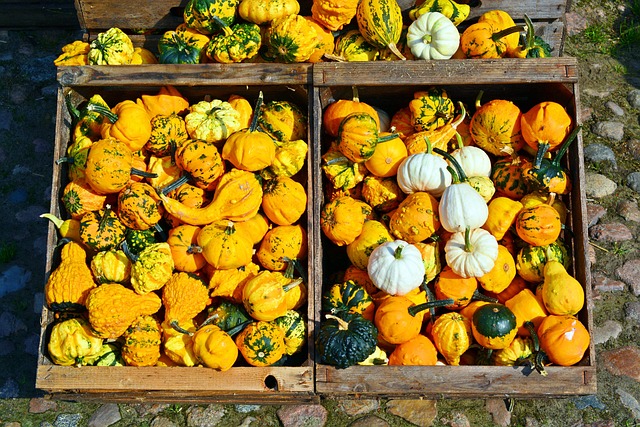Proper management of yard waste, including lawn clippings, leaves, and food scraps, is both environmentally beneficial and crucial for maintaining a healthy yard. Homeowners can adopt eco-friendly practices like recycling programs or home composting to reduce their environmental impact, enrich soil, and keep outdoor spaces neat. Key focus areas are effective yard waste removal and recycling, which minimize ecological footprints and transform debris into valuable resources like mulch or biofuel. By separating organic materials and repurposing common items, homeowners can further divert yard waste from landfills, promoting a greener lifestyle and fostering a deeper connection with nature.
Staying on top of garden waste as a busy homeowner doesn’t have to be a chore. With proper understanding and efficient strategies, you can minimize environmental impact while maximizing resourcefulness. This article guides you through the process of managing yard waste effectively. From recognizing different types of debris and their ecological effects to exploring sustainable practices like recycling and reuse, discover simple yet impactful ways to streamline Yard Waste Removal and Recycling in your routine.
- Understanding Yard Waste: Types and Their Impact
- Efficient Garden Waste Management Strategies
- Recycling and Reusing: A Sustainable Approach to Yard Waste
Understanding Yard Waste: Types and Their Impact

Yard waste, a term that encompasses a range of organic materials, includes lawn clippings, garden trimmings, leaves, and even food scraps from outdoor dining. Proper management of these byproducts is not only environmentally beneficial but also crucial for maintaining a healthy yard. Different types of yard waste have distinct impacts; for instance, leaving grass clippings on the lawn can provide essential nutrients, while improperly disposed of leaves can lead to waterlogging and soil compaction.
Recycling and responsible removal of yard waste are key practices for busy homeowners. This involves opting for recycling programs that collect organic materials, turning them into compost or bio-fuel. Alternatively, home composting is an eco-friendly solution that enriches garden soil. By understanding the types of yard waste and their effects, homeowners can make informed decisions to minimize environmental impact while keeping their outdoor spaces neat and healthy.
Efficient Garden Waste Management Strategies

Efficient garden waste management is a crucial aspect of homeownership, especially for those with busy schedules. Implementing strategic practices can help reduce the strain and environmental impact of yard waste removal. One game-changer in modern gardening is adopting sustainable methods that include recycling and composting. By doing so, homeowners not only minimize their ecological footprint but also enrich their garden soil, promoting healthier plants.
For instance, organic materials like kitchen scraps, leaves, and grass clippings can be transformed into nutrient-rich compost through simple processes. This reduces the reliance on external fertilizers and provides a natural boost to plant growth. Additionally, yard waste recycling programs offer an eco-friendly alternative to traditional removal methods, allowing for the transformation of unwanted garden debris into valuable resources like mulch or biofuel.
Recycling and Reusing: A Sustainable Approach to Yard Waste

Many homeowners often consider yard waste removal as a mere convenience, but embracing recycling and reuse offers a more sustainable approach to managing this resource. Instead of solely relying on traditional yard waste removal services, homeowners can take proactive steps to reduce their environmental impact. Start by separating organic materials like leaves, grass clippings, and garden trimmings from non-biodegradable items. Composting these organic materials is an excellent way to turn yard waste into nutrient-rich soil amendments, benefiting the garden’s health and reducing the need for chemical fertilizers.
Reusing certain items can further extend this sustainable practice. For instance, old plastic gardening pots, wooden pallets, and even used coffee grounds or eggshells can be repurposed in various creative ways. From building compost bins to making natural pest repellents, these simple adaptations allow homeowners to get more life out of everyday items while also diverting significant amounts of yard waste from landfills. Embracing recycling and reuse not only promotes a greener lifestyle but also fosters a deeper connection with nature and the local ecosystem.
For busy homeowners, efficient garden waste management is key to maintaining a sustainable and healthy outdoor space. By understanding the types of yard waste and their environmental impact, you can implement effective strategies that reduce, reuse, and recycle. Integrating these practices not only minimizes waste but also promotes a greener lifestyle. Adopt sustainable methods like composting organic materials and recycling non-biodegradables to ensure proper yard waste removal and contribute to a more eco-friendly future.













